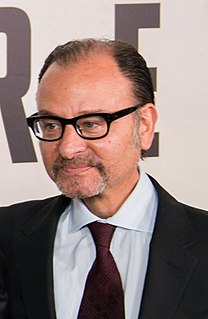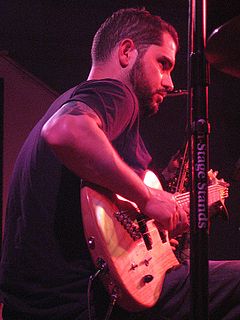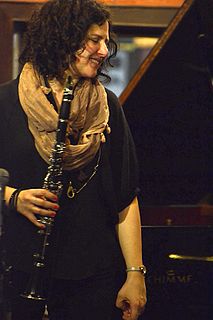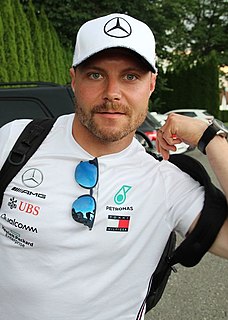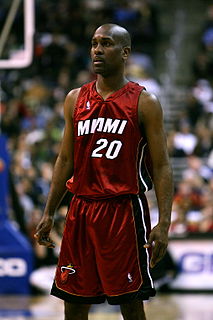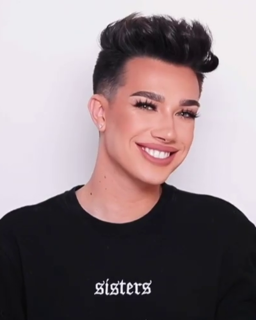A Quote by Ellen Page
One of those things where immediately when you started reading it, you knew it was something special and then the more you read, the more it surprised you, and the more you realized it was devoid of stereotype .
Related Quotes
Once I hit 25, I realized I had to do more than just be an actor. I love acting, but there's something that makes it difficult to just be a man, a grownup. Not to take away from any actors, but I knew I wasn't going to be Tom Cruise. I knew I was a character actor, which is great and I'm proud of it. But I knew that I wanted to do more. I started producing and directing and writing and stuff for the theater, and then that grew out of hand and I sort of lost my control. I've always loved the process of filmmaking. Now I'm much more into producing docs, but I want to direct features.
[When] Johnny Mnemonic was coming out and I realized that all the kids that worked in 7-11 knew more - or thought they knew more - about feature film production than I did. And that was from reading Premiere, that was from this change that came from magazines that treat their readers as players. Magazines that purport to sell you the inside experience.
I was always telling myself I could handle a more complex role, I could handle something bigger and more interesting than the work I was doing. But I wasn't demanding that of myself. At a certain point, I realized it was never going to come my way unless I started taking more control of it. That's what I realized I had to do.
When I was 12 there was a big shift in mindset and I realised that if I want to get something out of it then I need to work hard and focus all my energy just for this sport and that's when I started training and taking things more seriously. I became a lot more self-critical and analysed the driving more and more, and that was when I was 12.
I'm more thrilled by the short fiction than I expected to be. I've found more pleasure in reading short fiction than I used to. By seeing what kinds of thinking are going on in short fiction. I was also surprised by the panic I've felt, especially at first, when we'd put an issue to bed and then realized we had to put another one together.
If I'm reading something I happen to know and gets it wrong, I just don't trust the book any more. What I ask of a novel I'm reading is that it should know a fraction more about the things I know than I do. When I'm writing...I ask myself: would I be convinced by this if I read it? If I knocked against this bit of scenery, would it feel solid?

